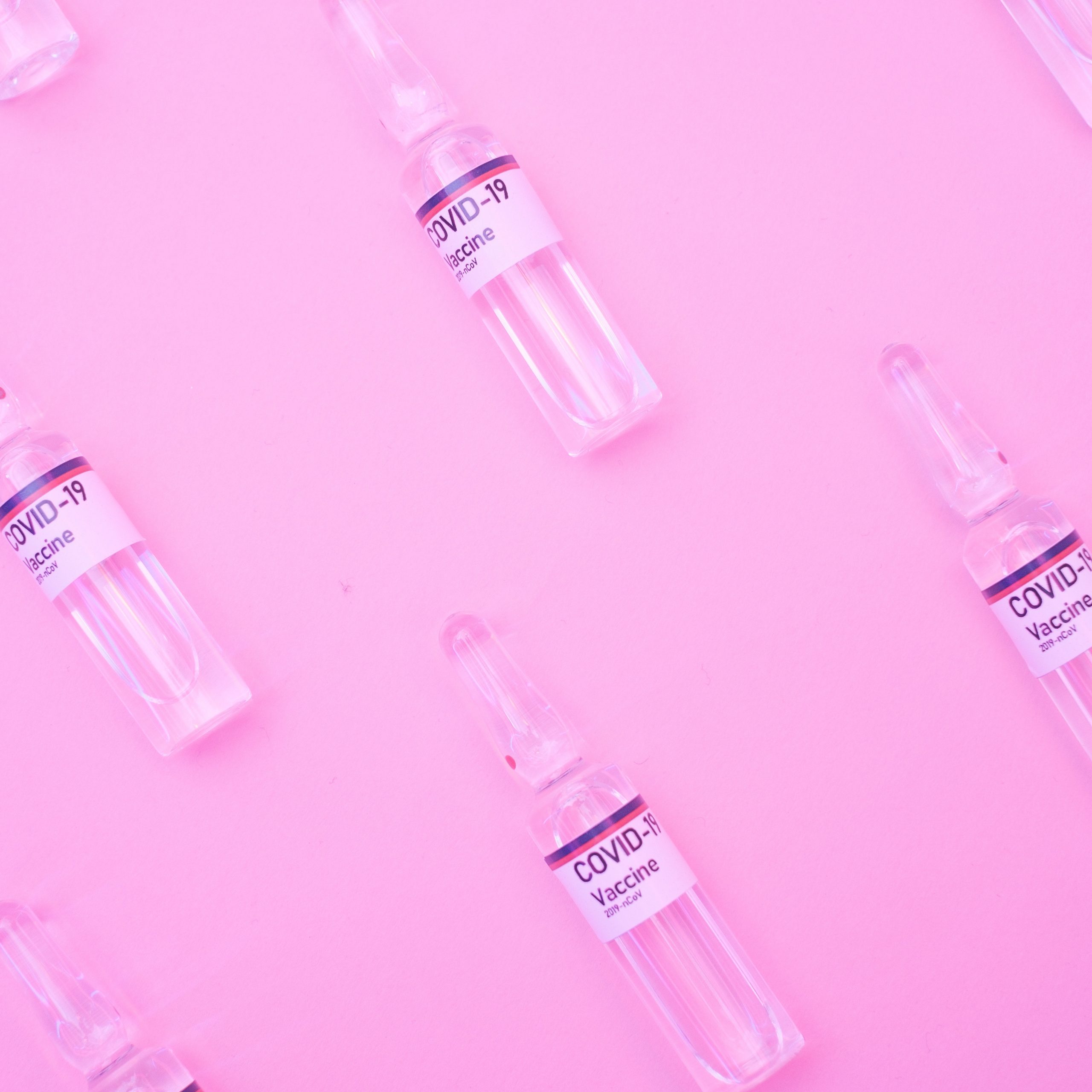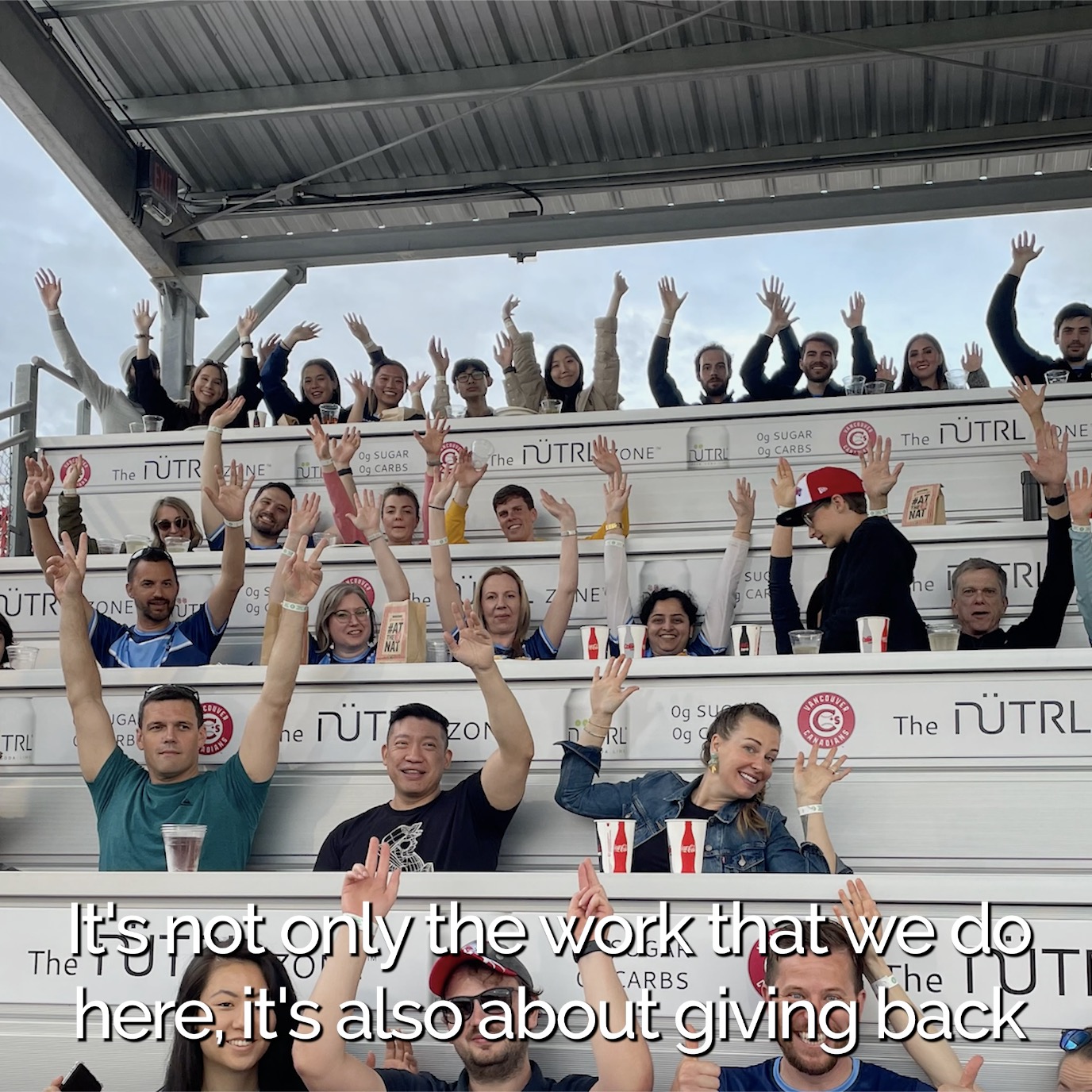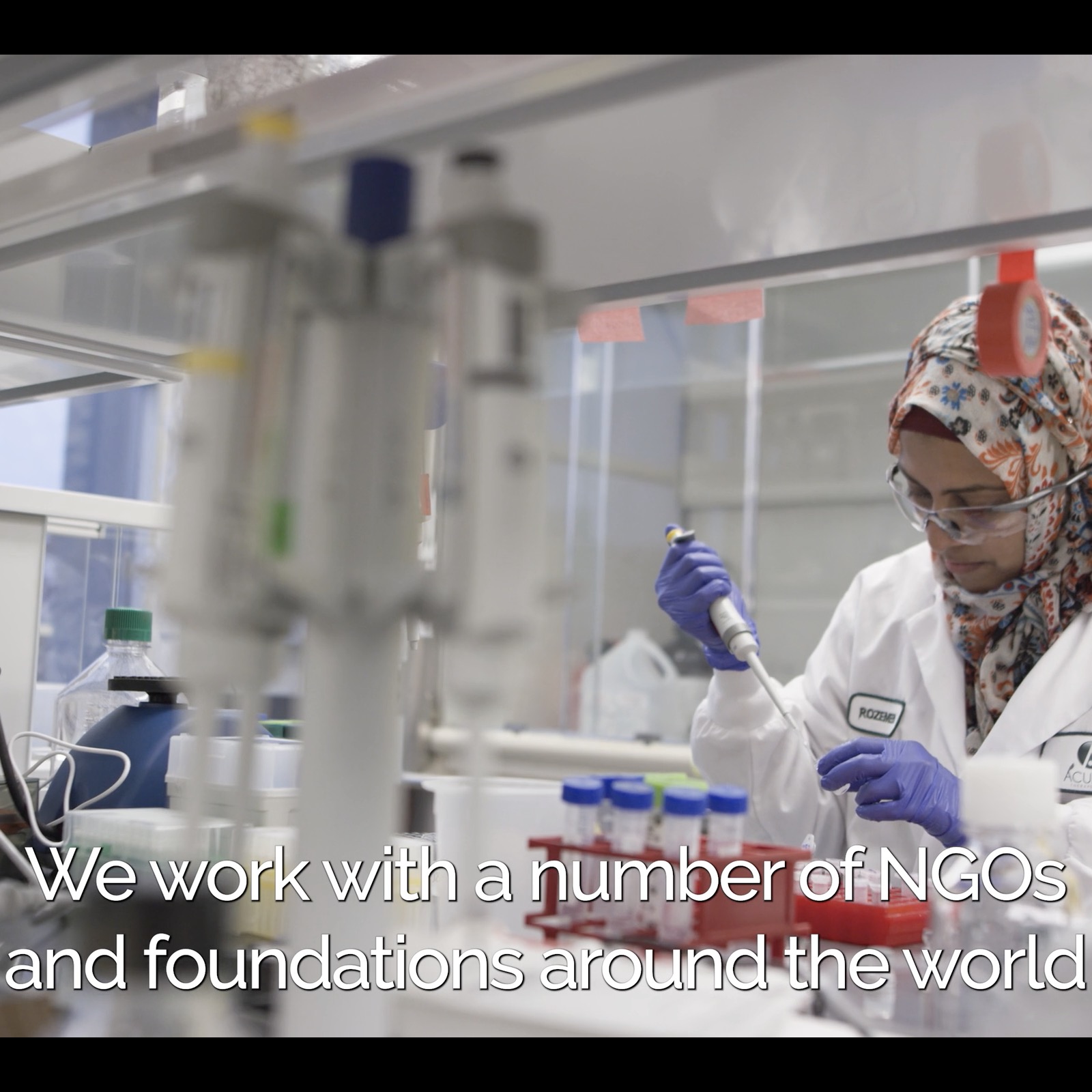
Get the Facts When it Comes to the Vaccine Supply Chain
The challenges around the supply chain in producing vaccines is a hot topic right now. Manufacturers of the vaccines are finding it difficult to access all of the components needed to produce the number of vaccines required to meet demand. This is being widely covered in the media and it is a big topic on social media networks.
Transparency from the pharmaceutical companies and from governments is key in building trust in the safety and efficacy of the vaccines and in keeping members of the public informed. Unfortunately, sometimes accurate information that is shared by organizations can be misunderstood or ignored and then a chain of miscommunication happens where inaccurate information is repeated and shared – especially on social media.
It is important to keep the rollout of the COVID-19 vaccines in context. While it has been close to a year since the world realized that we were facing a global pandemic – when it comes to the vaccines, what has been done is nothing short of amazing. In that time, many vaccines – both mRNA and traditional – have been developed and are in the process of being distributed throughout Canada, the U.S. and the world. People all over the world are starting to receive vaccinations.
To have COVID-19 vaccines developed, tested for safety and efficacy, reviewed and approved by governments this quickly is an incredible achievement. However, there are some challenges around acquiring the materials that are needed to manufacture the vaccines, and this has caused a great deal of media coverage and social media discussion – not all of it accurate.
Acuitas doesn’t manufacture the vaccines or even our proprietary lipid nanoparticles (LNP). We license our LNP technology to our partners, who then manage the manufacturing of the vaccines with our input regarding the LNP. We understand what is needed to produce the vaccines, and it is a complex process. The good news is that companies all over the world are focused on manufacturing and distribution. The sheer volume of billions of vaccines required, so that people all over the world can be protected from this deadly and devastating disease, is immense. The process might be going a little slower than anyone would like, but in fact, it is going far more quickly than any other vaccine process ever has.
It’s important that if you are discussing the vaccine manufacturing process and challenges, you are informed with accurate, up-to-date information. This sometimes means that you need to know that what you are reading, hearing or being told is wrong. This blog post on the myths of vaccine manufacturing from sciencemag.org provides the facts in the face of vaccine myths. It is worth a read.
It’s up to all of us to make sure that what is being shared about vaccines is accurate. Misinformation is the enemy of credibility and trust. When it comes to the safety and efficacy of the COVID-19 vaccines, it is important that people know the truth – they are safe and effective – so that they will get vaccinated. Causing panic about the supply chain is another area where we need to make sure that what is being shared is factual. It is crucial that people are told truthful, factual information about vaccines.




